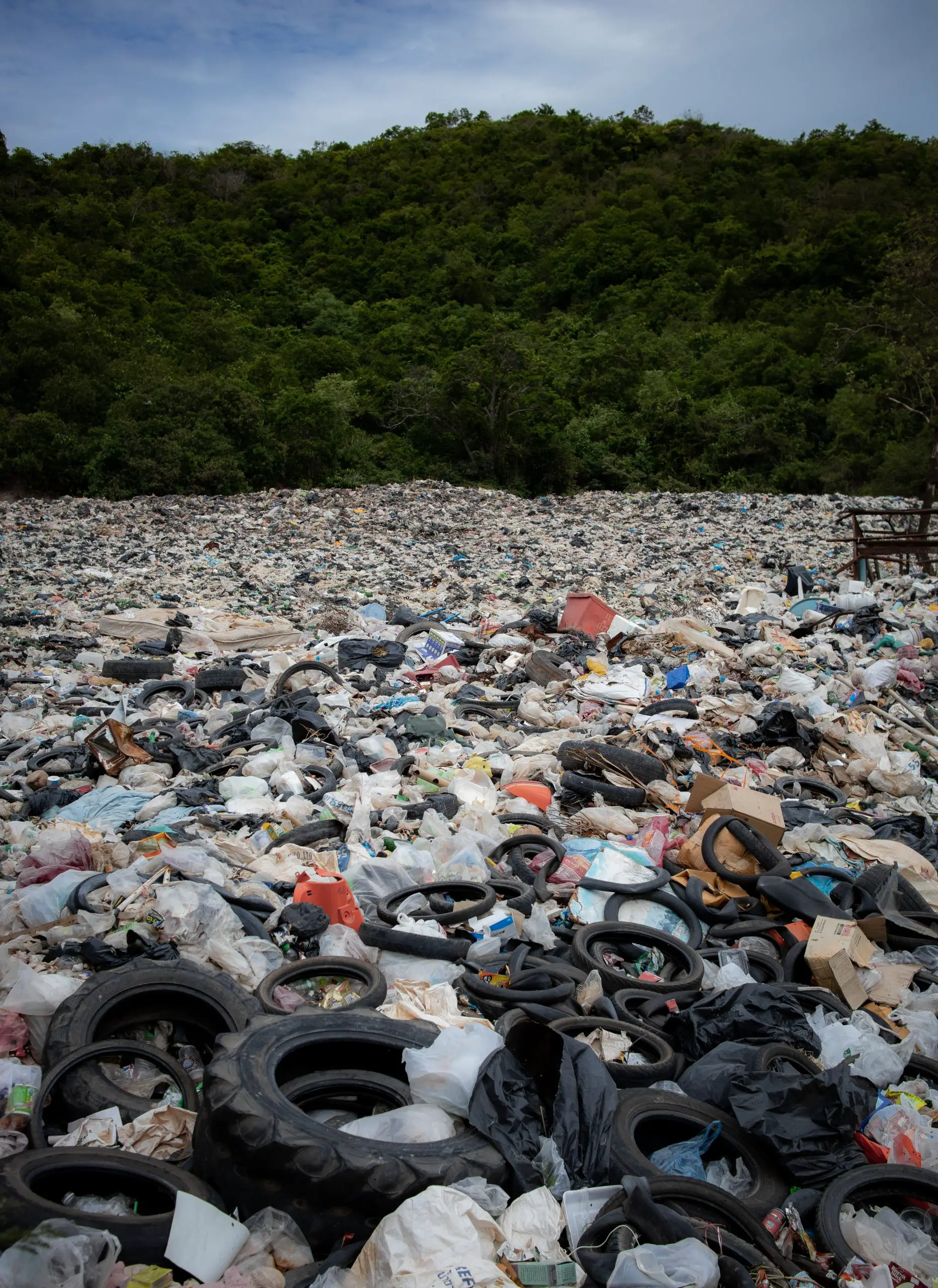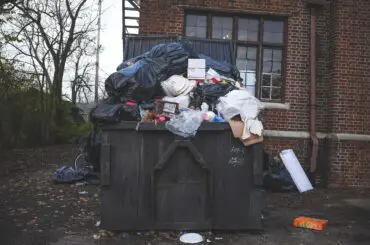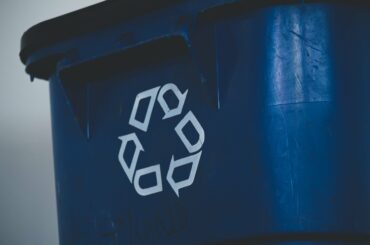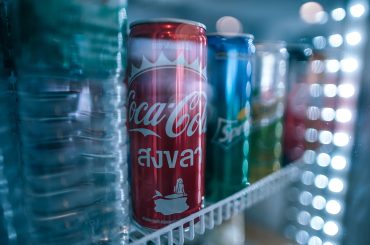This article will help you understand the most frequently asked question: does glass go in recycling or garbage? Indeed, even in the wake of being reused endlessly, glass holds its quality. Recycling glass has been shown to save energy, use fewer raw materials, and cut emissions, all of which are good for the environment. Because it is a common household item, the public supports recycling the material.
Does glass go in recycling or garbage
93% of customers and residents, according to the Glass Recycling Coalition, wish they could recycle glass. So, why is recycling glass no longer feasible in some markets? There are numerous causes. The following breakdown outlines what businesses and municipalities can do to address the issue and possibly lower their waste disposal costs.

In a single-stream recycling system, glass contamination is on the rise. Broken glass can taint other recyclables like paper and cardboard, which can lower their value. Since the China import ban, recyclers are putting a greater emphasis on quality and reducing contamination in order to maintain the value of their recyclable materials. The majority of manufacturers require that recyclable glass be sorted according to color in order to produce high-quality glass bottles and jars.
Glass is difficult to sort when it is broken, and if it is broken down too finely, it may be difficult to reprocess. When recyclers discover that doing so is either prohibitively expensive or too difficult, all glass is discarded. According to Recycle Across America, there are more than 28 billion glass jars and bottles that end up in landfills each year. This could fill two Empire State Buildings every three weeks.
Glass is expensive to move and heavy. Despite the high costs, some communities are paying to have the glass specially crushed so that it can be used in construction. Despite the fact that this is unquestionably a glass application, it may not be the best. Recycling has many advantages, including lowering costs associated with waste and pollution of the environment.
Tin cans, glass bottles, and plastic are just a few of the many things that can be recycled. Because it can be recycled multiple times without losing its purity or quality, glass has a significant advantage over other recyclable materials. Energy costs are reduced by 2% to 3% for every ten percent recycled glass used, according to research. Additionally, it reduces greenhouse gas emissions.
However, not all kinds of glass are created equal. If glass is used to package food, drinks, or cosmetics, it probably can be recycled. The majority of wine, beer, and soft drink bottles made of colored glass can be recycled. If glass is used for decoration, it probably can’t be recycled. Florida intends to recycle 75% of its waste by 2020. In 2015, 54 percent of the state’s waste was recycled. Only three counties in Florida reached 75 percent last year. Despite the state’s efforts to increase recycling rates, glass, which can frequently be recycled, ends up in Florida landfills even when placed in recycle bins. This is primarily due to two factors:

First, contaminated glass cannot be recycled. In Broward County, the same recycling bin is used to dispose of all recyclable materials. Even though this was done to make recycling easier, contamination often happens. It is estimated that up to 30% of the county’s recycling ends up in the landfill as a result of this issue. Even though people in Palm Beach County sort their recyclables into different containers, food and other contaminants still get in the way. As a result, about 11% of the recyclables are thrown away. Second, recycling glass rarely generates revenue.
The director of waste and recycling, Ana Wood, claims that “no one wants” the glass that Polk County accepts as “recycling.” Because demand for recycled glass is at an all-time low, glass recycling has suffered as a result of market trends. In contrast, there has been a steady decline in demand for glass, which is thought to have a relatively low value in comparison to metal, whose skyrocketing price in the past led to an increase in recycling and even theft. On the other hand, there has been a steady decline in demand for metal. Recycling glass has only received genuine support from environmentalists.






